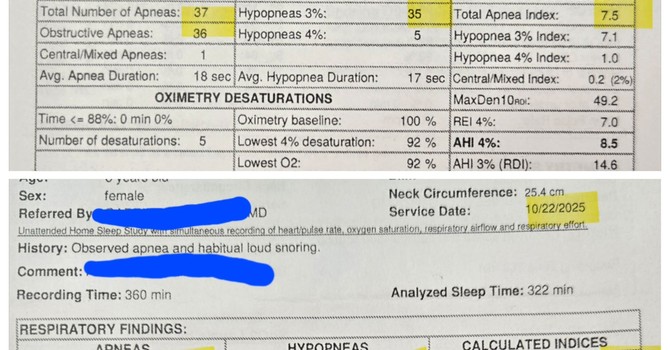
In our fast-paced world, it’s easy to fall into the habit of eating on the go, barely noticing what we’re consuming. However, taking the time to practice mindful eating can transform not only our relationship with food but also our overall well-being. Mindful eating is about being fully present during meals, savoring each bite, and listening to our body’s hunger and fullness cues. This approach encourages a healthier, more balanced relationship with food, helping us make more intentional choices and enjoy our meals without guilt or stress.
The Benefits of Mindful Eating
Mindful eating goes beyond just paying attention to what’s on your plate; it’s about cultivating awareness and appreciation for the entire eating experience. By slowing down and focusing on the taste, texture, and aroma of your food, you can enhance your enjoyment and satisfaction. This practice can help reduce overeating by allowing your body to signal when it’s full, leading to a more balanced approach to eating.
Additionally, mindful eating encourages you to make more thoughtful food choices, selecting nutritious options that fuel your body and support your overall health. This practice can also help reduce emotional eating, as it encourages you to address the root causes of stress or discomfort rather than turning to food for comfort.
Tips for Practicing Mindful Eating
Incorporating mindful eating into your daily routine doesn’t require a complete overhaul of your habits. Instead, it’s about making small, intentional changes that help you become more aware of your eating patterns. Here are a few tips to get started:
- Slow Down: Take the time to chew your food thoroughly and savor each bite. Eating slowly allows your body to recognize fullness signals, helping you avoid overeating.
- Eliminate Distractions: Try to eat your meals without distractions like TV, phones, or computers. This allows you to fully focus on your food and the experience of eating.
- Listen to Your Body: Pay attention to your hunger and fullness cues. Eat when you’re truly hungry and stop when you’re satisfied, rather than when your plate is empty.
- Appreciate Your Food: Take a moment before eating to appreciate the food in front of you. Consider where it came from, how it was prepared, and how it will nourish your body.
Supporting Your Wellness Journey
Mindful eating is just one aspect of a healthy lifestyle. When combined with regular physical activity, proper hydration, and adequate rest, it can contribute to your overall well-being. Remember, the goal of mindful eating is not perfection but progress. By making small, consistent changes, you can develop a healthier relationship with food that supports both your physical and mental health.
The content in this blog is for informational purposes only and is not a substitute for professional medical advice, diagnosis, or treatment. Always consult your doctor or a qualified healthcare provider before trying new healthcare protocols.



